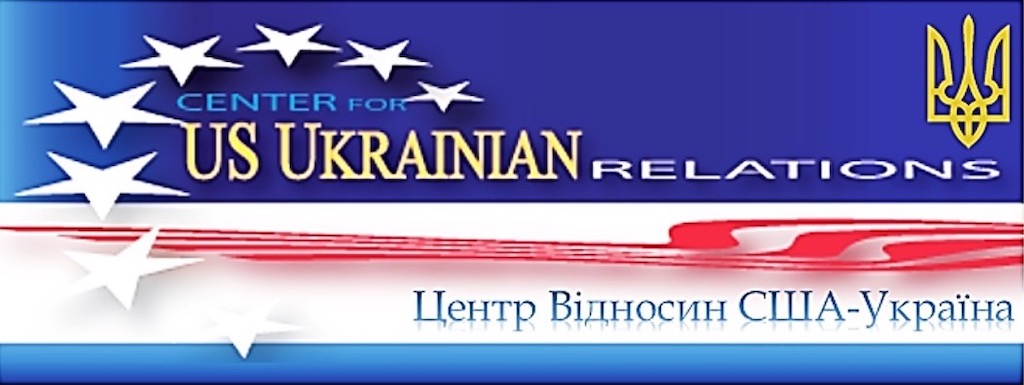
Our History
Amidst millennial celebrations and expectations two decades ago, Ukraine and the United States began an exchange of increasingly strong signals intimating that their ties should be closer—that, in fact, their relationship should ultimately take on strategic coloration.
In December 1999, both the executive and the legislative branches of Ukraine’s government—the Presidential Administration and the Verkhovna Rada—took clear steps to indicate a serious interest in pursuing a course of ‘eventual integration into the structures of the Euro-Atlantic world’.
Their ‘message’ was answered by Secretary of State Madeline Albright during a speech delivered at Johns Hopkins University in January 2000 in which she named Ukraine as one of the four key countries with whom the US had to deepen bilateral economic and security relations.
In short order, Ukraine’s Foreign Minister Borys Tarasyuk responded with an energetic embrace of Secretary Albright’s position and proceeded to append a dimension to the envisioned links—coordinated responses to diplomatic issues of common concern.
In June 2000, President Clinton, during his final visit to Kyiv, raised the ‘engagement’ bar significantly higher by referring to US-Ukrainian relations as a ‘strategic partnership’.
The Ukrainian leadership lost no time replying; it wholeheartedly endorsed the assessment. President Bush’s inaugural trip to Europe in June 2001, and particularly his visit to Warsaw, yielded one more message on the subject, possessing what might be characterized as ‘critical mass’.
The newly elected American leader expressed a clear desire to retain the term ‘strategic partnership’ to describe the relationship between the United States and Ukraine, emphatically underscoring the bipartisan nature of US support for Ukraine’s “Western” geopolitical aspirations. (1) (2)
The significance of the emerging exchange was not lost on the Ukrainian American community. In April 2000, the community’s most prominent organizations convened to consider ways to support the ‘dialogue’ that was unfolding between the two nations they held in the highest regard.
The deliberations gave rise to a commitment: ‘to stage a conference that would bring together prominent representatives from academia and the governments of Ukraine and the United States to assess Ukraine’s prospects for fuller ties to the Euro-Atlantic world in general and stronger bilateral relations with the US in particular’.
To help fulfill the commitment, four key sources were tapped. The Ukrainian Congressional Caucus was asked to garner political support in the US. The Ukrainian Embassy was asked to garner political support in Ukraine. Major American universities, think tanks, and NGOs were invited to serve as sponsors—to lend their good names and supply important contacts.
Major American commercial institutions were invited to serve as patrons—to provide the necessary financial wherewithal. In September 2000, the several requested efforts converged and produced a remarkable event in Washington DC entitled: Ukraine’s Quest for Mature Nation Statehood: A Roundtable.
The Roundtable proved to be a veritable gathering of the Who’s Who of the foreign policy establishments of both countries. Large portions of the conference were webcast live worldwide; the entire conference was video taped to provide a full transcript of the proceedings for purposes of publication.
Enthused by the success of their initiative, the various entities involved with organizing the Roundtable reconvened in November 2000. The rendezvous led to a second commitment: to make the conference an annual affair and to use the event to monitor further developments in US-Ukrainian relations, particularly those of a strategic character.
In line with the follow up commitment, the said entities [operating as the UA Quest RT Series Steering Committee] have now reassembled twenty three times and each gathering has found a way to outshine Roundtable I. In addition, RT IV saw the introduction of a new ingredient to the proceedings—a series of business to business networking sessions that ran parallel to the traditional symposium.
The organizers were advised to turn the B2B fora into a unified stand alone event. The advice was taken and resulted in a highly successful US-UA Business Networking Forum [II].
Launching a specialized US-Ukrainian business/investment conference series, by turns, spurred interest in the running of conferences dealing with bilateral security matters, energy issues and humanitarian concerns; the result has been the emergence of the US-UA Security Dialogue Series, US-UA Energy Dialogue Series and the highly regarded UA Historical Encounters Series.